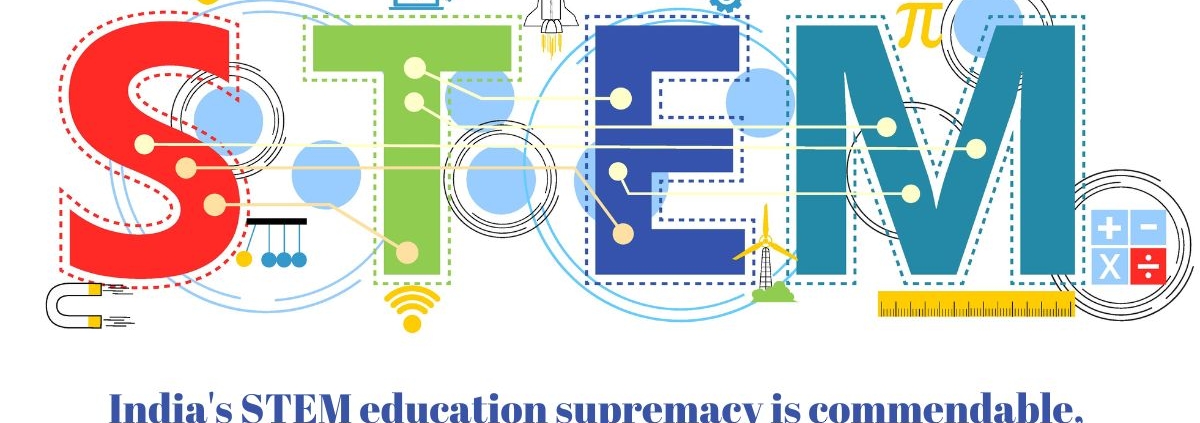In an increasingly digital world, STEM (science, technology, engineering, mathematics) education is key to progress, and India has done remarkably well in this field. However, there is an imbalance, in that women are grossly under-represented in this space. In India, just about 14% of the STEM workforce is female, compared to the world average of 28.8%(1).
However, this does not mean that women are not interested in pursuing this field. In fact, far from it, considering the data: According to the World Bank(2), there are more Indian female graduates (43%) in STEM at the tertiary level than in developed nations like the United States (34%), United Kingdom (38%), Germany (27%), and France (32%). The problem is that, even though young girls are choosing STEM courses, they are not pursuing careers in related fields.
Women in STEM jobs: A yawning gap?
Shockingly, women comprise a mere 26% of India’s STEM workforce, with the percentage of researchers being among the lowest in the world at just 13.9%. Women represent only 9% of fellows in the three major Indian science academies, namely the Indian National Science Academy, Indian Academy of Sciences, and The National Academy of Sciences. To make matters worse, they hold less than 5% of academic department chair posts.
I believe there are several reasons why Indian women do not make much headway in STEM-related jobs. The foremost reason is the ingrained gender bias in Indian society. In spite of having academic credentials and proven merit, women continue to be impeded by flawed perceptions of gender roles. Even in urban centres and metros, most families do not want their daughters to get into sciences, except medicine.
India has one of the lowest female labour force participation rates of all major economies, as per the International Labour Organization estimates. In spite of a growing economy and increasing female education, the rate has actually been declining — from 32% in the mid-2000s to 21% in 2019, and plummeting further to just 19% in 2021(3). The majorly male-skewed job market serves to reinforce families’ tendency to educate their daughters in prestigious scientific fields only to increase their marriage — not career — prospects.
High drop-out rate
Family pressures and life situations force women who do manage to enter STEM careers to drop out midway to take care of their families. Marriage, which is widely considered a social obligation in India, followed by childbirth, literally spells the end of a promising career for many women. Childbirth, in particular, forces women to take a break, and, owing to a lack of filial and spousal support, they find it hard to get back and pursue their careers in a demanding field like STEM. This continues to reduce the number of women in the STEM workforce. Moreover, women have to bear the double burden of work and domestic responsibilities, as most men in India still shy away from sharing household chores.
The professional hurdles
Women who somehow persist and manage to make a career in the STEM field are routinely discouraged from aiming higher. They tend to be directed toward less technical and less lucrative STEM fields. Opportunities for career advancement often elude them. There is well-documented discrimination against women scientists in hiring, promotion, and research funding.
Instances of men in the C-suite patronising women and relegating them to junior roles have been commonplace. A disappointingly high proportion of men are still uncomfortable reporting to a woman and accepting her as their superior. As if this was not bad enough, women are routinely subjected to hostile working conditions, with sexual and professional harassment being rampant. Unless all-around steps are taken to facilitate the entry of women into the STEM workforce, it will be an opportunity missed for the nation, impacting not just its social development but also its economic growth.



